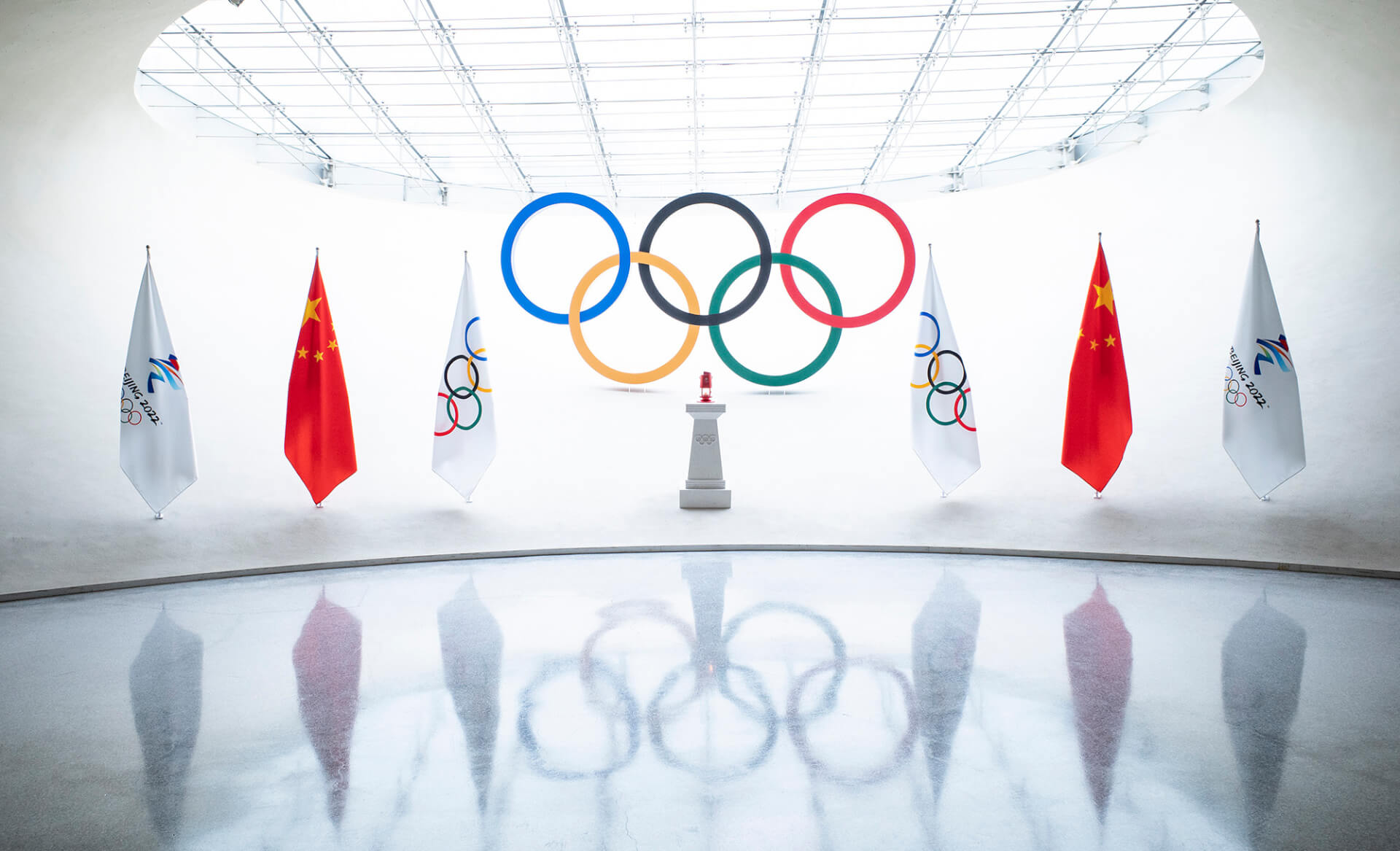Speakers at a seminar hosted by Human Rights Watch (HRW) cautioned international athletes travelling to Beijing for the Winter Olympics next month to avoid speaking up about human rights issues for their own safety.
“There’s really not much protection that we believe is going to be afforded to athletes,” Rob Koehler, the director-general of the Global Athlete group, said during the seminar. “Silence is complicity and that’s why we have concerns. So we’re advising athletes not to speak up. We want them to compete and use their voice when they get home,” he continued.
HRW researcher Yaqiu Wang cited rule 50 of the Olympic Charter, which states that “no kind of demonstration or political, religious or racial propaganda is permitted in any Olympic sites, venues or other areas.” In addition, there also remains a lack of clarity on how Chinese laws will be used against international athletes.
Echoing Koehler’s concerns, Yaqiu stressed that “Chinese laws are very vague on the crimes that can be used to prosecute people’s free speech.” “People can be charged with picking quarrels or provoking trouble. There are all kinds of crimes that can be levelled at peaceful, critical comments,” he said.
“Athletes have an amazing platform and ability to speak out, to be leaders in society and yet the team is not letting them field questions on certain issues ahead of these Games. That makes me upset,” said Noah Hoffman, a cross-country skier who was part of the United States (US) 2014 and 2018 Winter Games delegations.
However, Hoffman also expressed hope that athletes will “stay silent because they are not only going to be prosecuted by the Chinese authorities but they could also be punished by the IOC [International Olympic Committee].”
With less than one month to the @Beijing2022 Olympic Games, the International Olympic Committee continues to press forward with hosting the Games, placing the safety and wellbeing of every athlete at risk. @Olympics
— Global Athlete (@GlobalAthleteHQ) January 12, 2022
Full statement ⬇️https://t.co/uNtfkWRmPS pic.twitter.com/NteVMIJeWY
Rights groups have long criticised the IOC for awarding the Games to China, citing the Chinese government’s mistreatment of the Uyghur Muslims and other minority groups. Although China denies the allegations of human rights abuses in Xinjiang and Tibet, the US has already deemed China’s actions as genocide.
Concerns around athletes’ safety have grown louder in recent months after the high profile case of Chinese tennis player Peng Shuai went viral. The former doubles world number one disappeared from the public eye for almost three weeks after making sexual assault accusations against former Vice Premier Zhang Gaoli on November 2 on the Chinese social media platform Weibo.
In response to Peng’s public disappearance, the US-based Women’s Tennis Association in December announced its decision to suspend all tournaments in China, including Hong Kong.
The Winter Olympics are set to start on February 4. Many Western countries, including the US, Britain, Canada, and Australia, as well as Japan, have announced diplomatic boycotts of the Games over concerns about human rights violations in China.
French President Emmanuel Macron, who announced that his country would not be joining the diplomatic boycott, said that his administration would instead “try to change things with useful actions.” He added that he favours measures with an increased possibility of a beneficial outcome.

